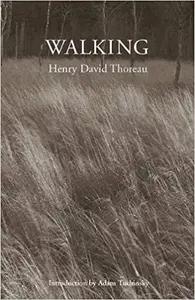Walking
By Henry David Thoreau
Category
HealthRecommended by
"Walking" by Henry David Thoreau is a profound exploration of the act of walking and its significance in our connection with nature and our own selves.
Thoreau delves into the transformative power of ambulation, emphasizing the need for individuals to embark on purposeful walks to discover the true essence of life. He encourages readers to drift away from the hustle and bustle of society and immerse themselves in the simplicity and beauty of the natural world.
Through eloquent prose, Thoreau shares his personal experiences of walking in various landscapes, from meandering through forests to striding across snow-covered fields. He highlights the importance of quiet observation and contemplation during these excursions, providing insights into the connection between walking and thinking.
The author also delves into the historical, cultural, and philosophical aspects of walking, referencing figures like Plato and Wordsworth to highlight the longstanding tradition of walkers who have sought truth, clarity, and enlightenment through this act.
Thoreau's reflections on walking weave together musings on topics such as solitude, freedom, and the environment. He implores readers to appreciate the magnificence of the Earth and to reevaluate their own relationship with it. He invites individuals to walk with intention, to truly see the world around them, and to recognize the value of simplicity and self-discovery that can be found on a path less traveled.
In "Walking," Thoreau's lyrical prose invites readers to reflect on the importance of slowing down, connecting with nature, and embracing the transformative power of walking. It serves as a reminder to appreciate the world we live in and to venture forth with a renewed sense of curiosity and reverence.
Thoreau delves into the transformative power of ambulation, emphasizing the need for individuals to embark on purposeful walks to discover the true essence of life. He encourages readers to drift away from the hustle and bustle of society and immerse themselves in the simplicity and beauty of the natural world.
Through eloquent prose, Thoreau shares his personal experiences of walking in various landscapes, from meandering through forests to striding across snow-covered fields. He highlights the importance of quiet observation and contemplation during these excursions, providing insights into the connection between walking and thinking.
The author also delves into the historical, cultural, and philosophical aspects of walking, referencing figures like Plato and Wordsworth to highlight the longstanding tradition of walkers who have sought truth, clarity, and enlightenment through this act.
Thoreau's reflections on walking weave together musings on topics such as solitude, freedom, and the environment. He implores readers to appreciate the magnificence of the Earth and to reevaluate their own relationship with it. He invites individuals to walk with intention, to truly see the world around them, and to recognize the value of simplicity and self-discovery that can be found on a path less traveled.
In "Walking," Thoreau's lyrical prose invites readers to reflect on the importance of slowing down, connecting with nature, and embracing the transformative power of walking. It serves as a reminder to appreciate the world we live in and to venture forth with a renewed sense of curiosity and reverence.
Share This Book 📚
More Books in Health
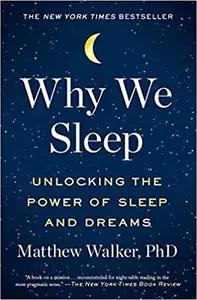
Why We Sleep
Matthew Walker
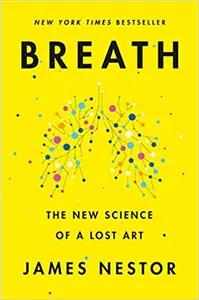
Breath
James Nestor
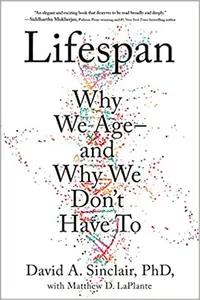
Lifespan
David Sinclair
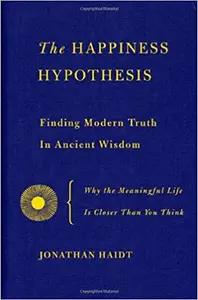
The Happiness Hypothesis
Jonathan Haidt
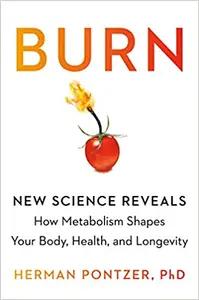
Burn
Herman Pontzer
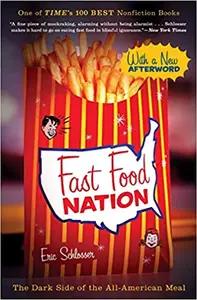
Fast Food Nation
Eric Schlosser
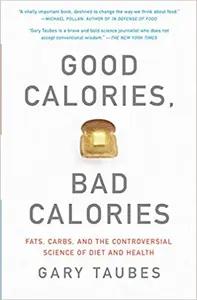
Good Calories, Bad Calories
Gary Taubes
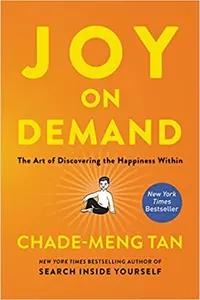
Joy on Demand
Chade-Meng Tan
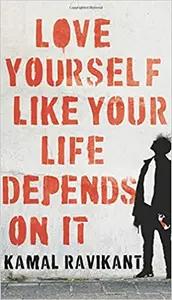
Love Yourself Like Your Life Depends On It
Kamal Ravikant
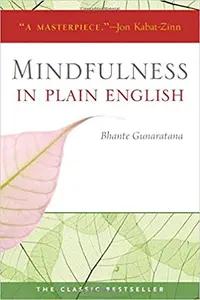
Mindfulness in Plain English
Bhante Henepola Gunaratana

On Immunity
Eula Biss
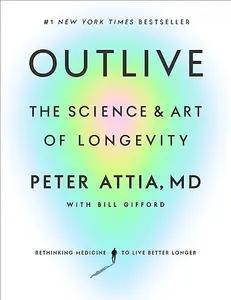
Outlive
Peter Attia
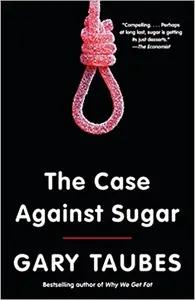
The Case Against Sugar
Gary Taubes
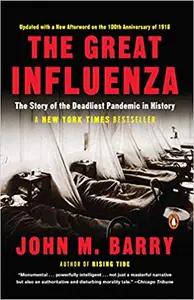
The Great Influenza
John M. Barry

The Sleep Revolution
Arianna Huffington
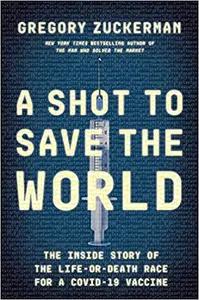
A Shot To Save The World
Gregory Zuckerman
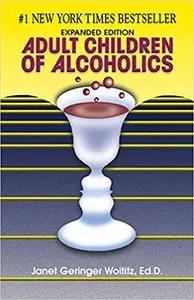
Adult Children of Alcoholics
Janet Geringer Woititz
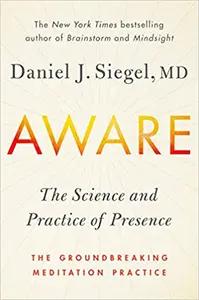
Aware
Daniel Siegel
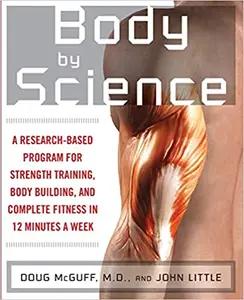
Body by Science
John Little

Breath From Salt
Bijal P. Trivedi
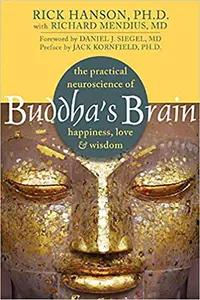
Buddha's Brain
Rick Hanson
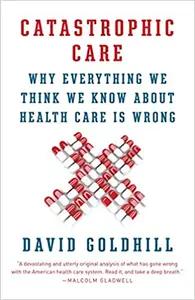
Catastrophic Care
David Goldhill
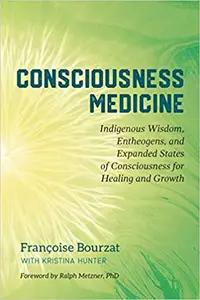
Consciousness Medicine
Françoise Bourzat
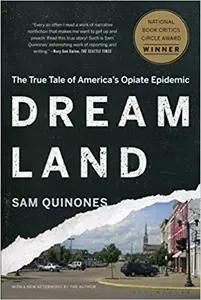
Dreamland
Sam Quinones
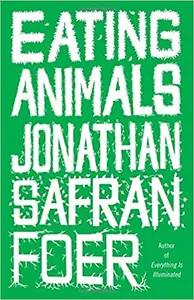
Eating Animals
Jonathan Safran Foer
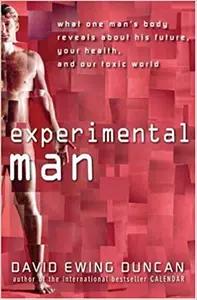
Experimental Man
David Ewing Duncan
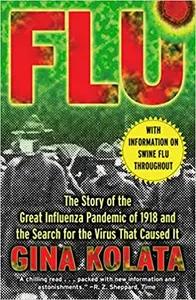
Flu
Gina Kolata
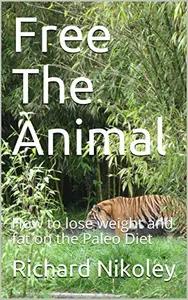
Free The Animal
Richard Nikoley
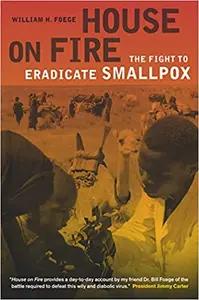
House On Fire
Bill Foege
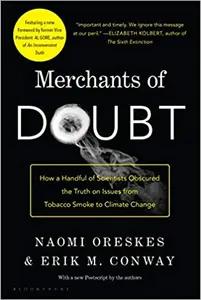
Merchants of Doubt
Naomi Oreskes
Popular Books Recommended by Great Minds 📚
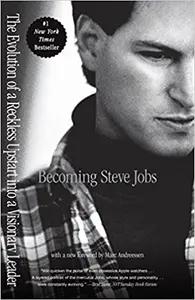
Becoming Steve Jobs
Brent Schlender

Extreme Ownership
Jocko Willink
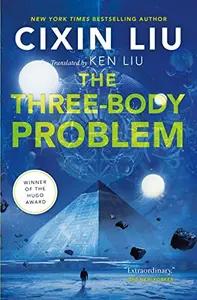
The Three Body Problem
Cixin Liu
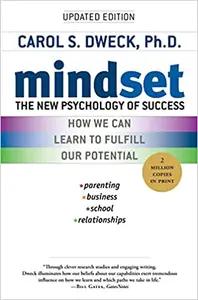
Mindset
Carol Dweck
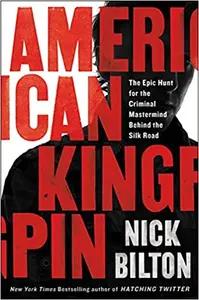
American Kingpin
Nick Bilton
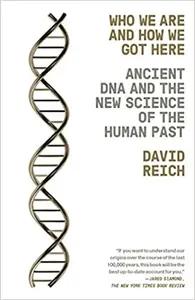
Who We Are and How We Got Here
David Reich
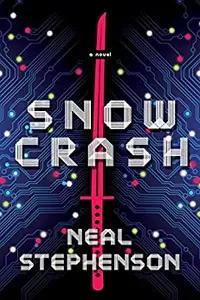
Snow Crash
Neal Stephenson
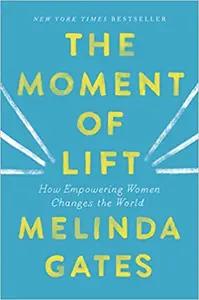
The Moment of Lift
Melinda Gates
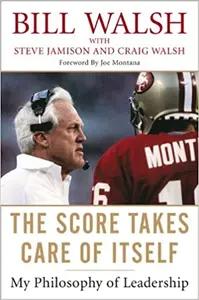
The Score Takes Care of Itself
Bill Walsh
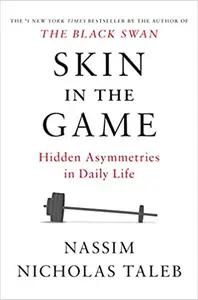
Skin In The Game
Nassim Taleb
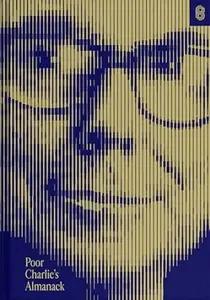
Poor Charlie's Almanack
Charlie Munger
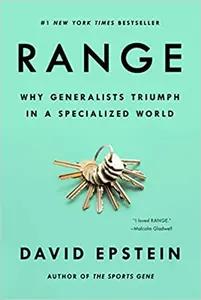
Range
David Epstein
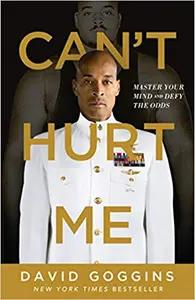
Can't Hurt Me
David Goggins
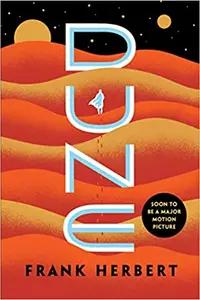
Dune
Frank Herbert
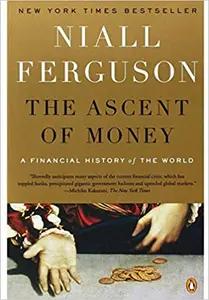
The Ascent of Money
Niall Ferguson
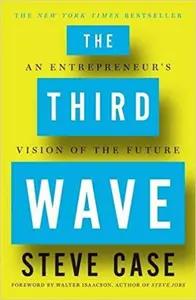
The Third Wave
Steve Case
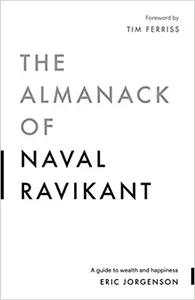
The Almanack of Naval Ravikant
Eric Jorgenson
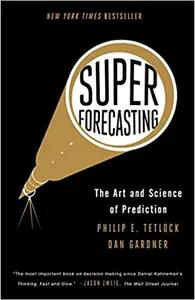
Superforecasting
Philip Tetlock
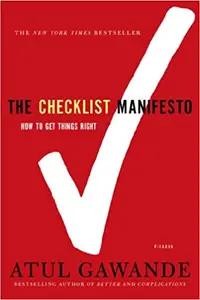
The Checklist Manifesto
Atul Gawande
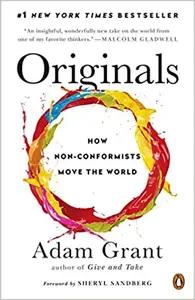
Originals
Adam Grant
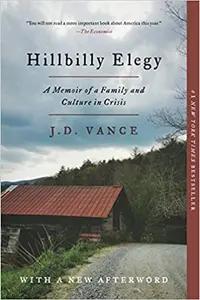
Hillbilly Elegy
J.D. Vance
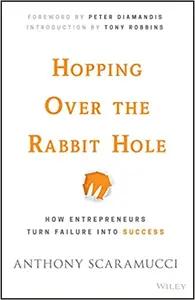
Hopping Over The Rabbit Hole
Anthony Scaramucci
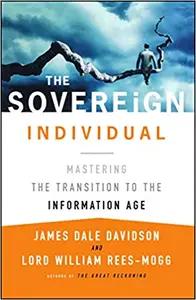
The Sovereign Individual
James Dale Davidson & William Rees-Mogg
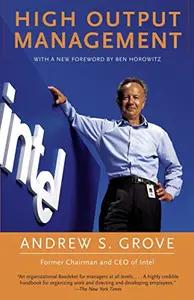
High Output Management
Andrew Grove
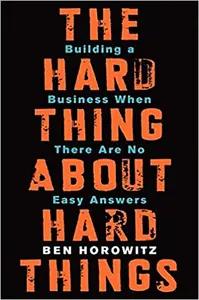
The Hard Thing About Hard Things
Ben Horowitz
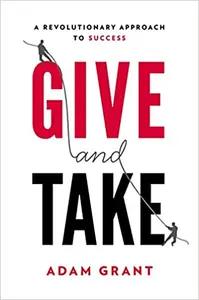
Give and Take
Adam Grant
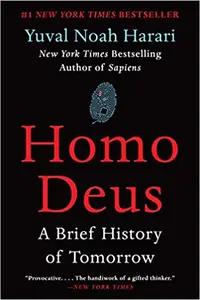
Homo Deus
Yuval Noah Harari
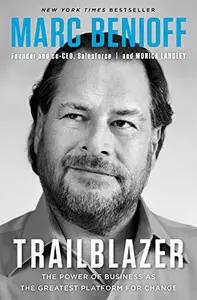
Trailblazer
Marc Benioff
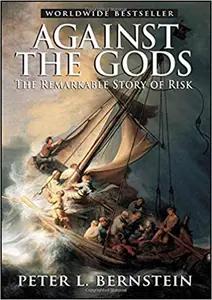
Against The Gods
Peter Bernstein

The Bitcoin Standard
Saifedean Ammous
